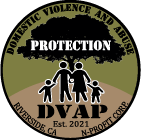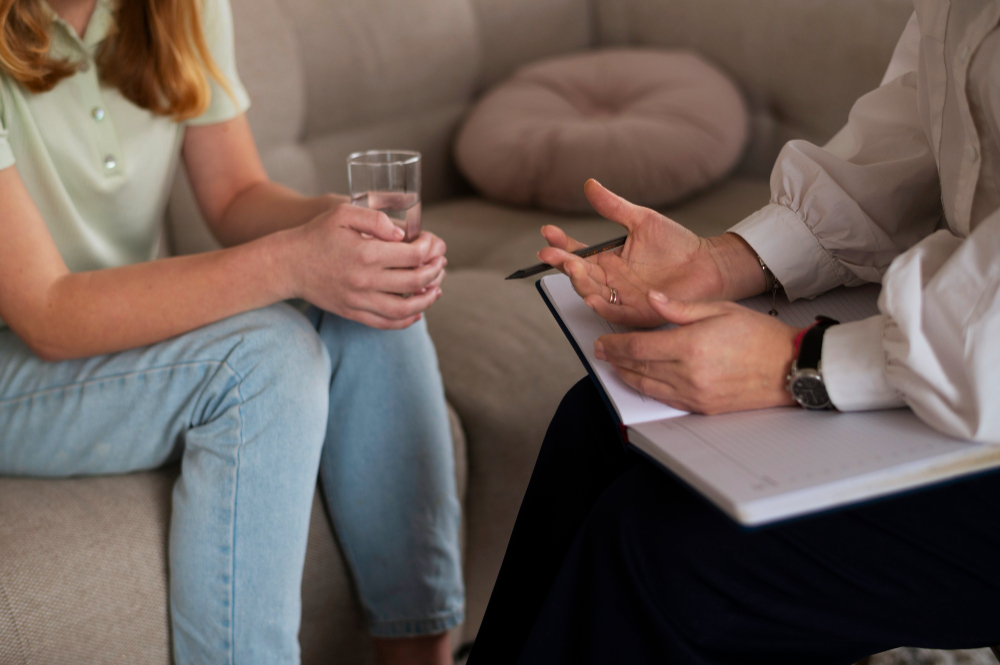Experiencing abuse can leave deep emotional and physical scars. Whether the abuse was recent or years ago, the path to healing can seem overwhelming and unclear. For many survivors, therapy plays a vital role in that healing process. But what exactly can you expect when you decide to take that first step? How can therapy truly help?
This article explores how therapy helps survivors recover from abuse, what the process looks like, and how to choose the right therapist to guide your healing.
Understanding the Role of Therapy After Abuse
Therapy provides a safe, judgment-free space to help you unpack the complex emotions and experiences connected to abuse. A mental health professional can guide you in processing your trauma, rebuilding trust, and developing coping mechanisms.
For abuse survivors, therapy isn’t just about revisiting the painful past; it’s also about rediscovering control, self-worth, and resilience.
How Therapy Can Help with Healing After Abuse
1. Processing Trauma at Your Own Pace
Abuse often leaves survivors struggling with flashbacks, anxiety, guilt, and even self-blame. Therapy gives you the tools to process these emotions without judgment, empowering you to confront them in a safe environment.
For example, therapists trained in trauma-focused therapy techniques, such as Cognitive Behavioral Therapy (CBT) or Eye Movement Desensitization and Reprocessing (EMDR), can help alleviate symptoms of PTSD and emotional distress.
2. Building Healthy Coping Mechanisms
Many survivors develop unhealthy coping mechanisms as a response to their trauma, such as withdrawing from loved ones or overworking to avoid negative emotions. Therapists can help you identify these behaviors and replace them with healthier ways to manage stress and emotions.
For instance, mindfulness and grounding techniques can help reframe negative thoughts and reduce intrusive memories.
3. Rebuilding Your Self-Esteem
Abuse often chips away at self-esteem, leaving survivors feeling lost or unworthy. Therapy encourages self-reflection and helps you rebuild a positive self-image.
Through personalized guidance and exercises, therapists empower survivors to set boundaries, nurture self-compassion, and reclaim their voice.
4. Breaking the Cycle of Abuse
If you’ve experienced repeated cycles of abusive relationships, therapy can help you identify patterns and understand why they occur. This awareness serves as a foundation for creating a healthier future.
A therapist can guide you toward recognizing red flags in future relationships and building safer, more supportive connections.
5. Creating a Network of Support
Many abuse survivors experience isolation, either during or after their experiences. Therapy helps reconnect you with genuine support systems, including friends, family, and even community groups.
Feeling supported by those around you is key to long-term healing, and therapy can help you learn how to lean on others without fear or shame.
What to Expect During Therapy
If you’ve never been to therapy before, the unknown can feel intimidating. Here’s what you can generally expect when starting therapy after abuse.
The First Session
The initial consultation will focus on understanding your story. Your therapist will ask questions about your experiences, emotions, and your goals for therapy. Remember, you don’t need to share every detail upfront. Progress happens at your own pace.
Setting Goals
Together with your therapist, you’ll work on setting attainable milestones, such as reducing anxiety levels, processing specific traumatic events, or improving relationships. These goals will help shape your therapy sessions.
Therapy Methods
Your therapist may adapt different techniques based on what works best for you. Common approaches include:
- CBT: Helps challenge negative thoughts and promotes healthier thinking patterns.
- EMDR: Targeted for trauma recovery, this therapy desensitizes painful memories.
- Talk Therapy (Psychotherapy): Allows for open discussion and emotional release.
- Somatic Therapy: Focuses on reconnecting you with your body after trauma.
A Safe, Non-Judgmental Space
Perhaps the most important aspect of therapy is that it’s a safe space to express yourself. Your therapist will listen without judgment, allowing you to be honest about your feelings and experiences.
Choosing the Right Therapist
Finding the right therapist can make all the difference in your healing process. Here are some tips for selecting a professional you trust:
- Specialization in Trauma or Abuse: Look for therapists with certifications or experience in working with survivors of abuse, as they’ll better understand your needs.
- Check for Compatibility: Your relationship with your therapist is key to success. If something doesn’t feel right, don’t hesitate to explore other options.
- Confirm Credentials: Research their education, training, and licensing. Websites such as Psychology Today or local mental health directories can provide options.
- Ask for Recommendations: If you feel comfortable, ask friends, family, or support groups for referrals.
Remember, it’s okay to switch therapists if the first one isn’t the right fit. Your comfort and trust are paramount.
Therapy is the First Step Toward Healing
Committing to therapy is a courageous decision that can transform your life after abuse. Although the road to recovery may not always be straightforward, finding the right therapist and committing to your well-being can pave the way for deep emotional healing.
Through therapy, you can build resilience, rediscover your inner strength, and move toward a life defined by hope, not trauma. It all starts with taking that first step.
Disclaimer: This blog post provides general information about domestic abuse. It does not provide legal advice. Victims should consult with a legal professional for advice related to their specific situation.
Are You Experiencing Domestic Violence or Abuse? DVAP Is Here To Help
Domestic Violence and Abuse Protection, Inc. is a non-profit organization committed to protecting the victims of domestic abuse. When restraining orders are not enough, we are there to provide the determined protection you deserve. We are located at 3900 Orange St. Riverside, CA. Call us at (951)-275 8301 (24 hours). Alternatively, you can email us at admin@dvapriverside.org






